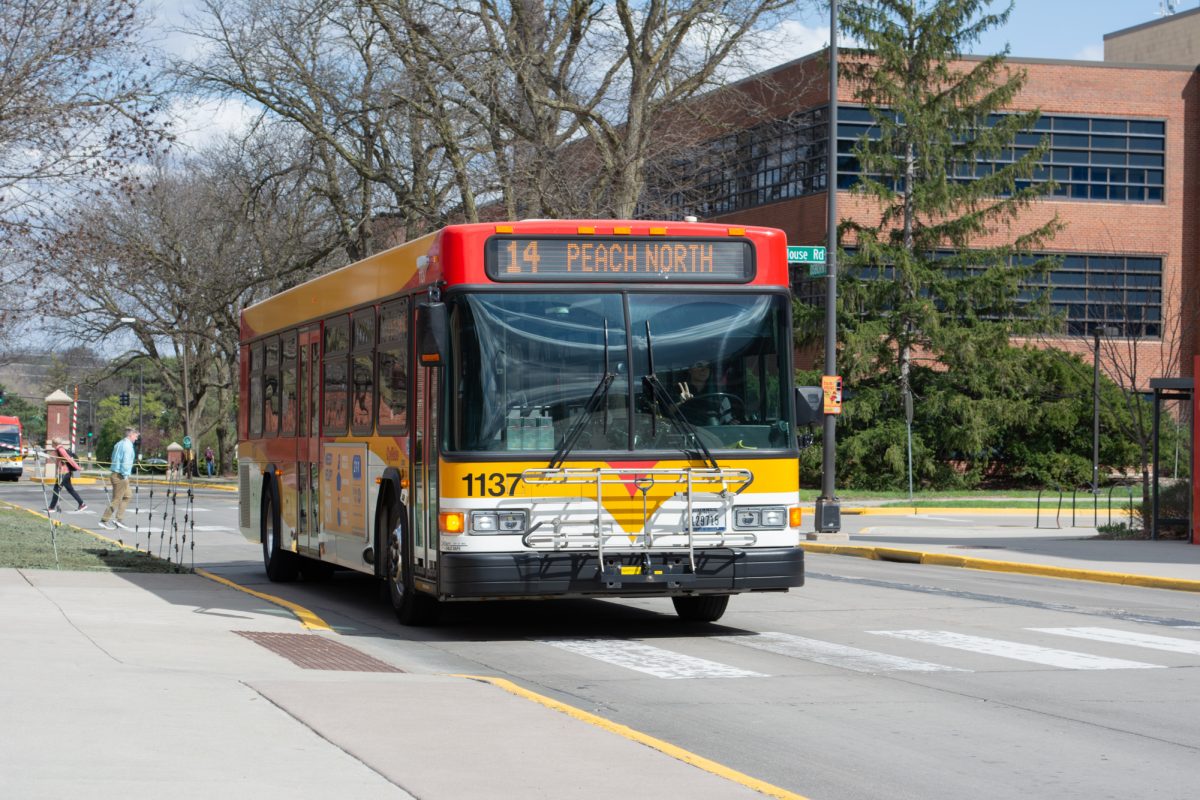Regents to discuss renovation backlog
July 28, 2005
Next year’s legislative funding strategy, building renovations and increasingly stringent university audits are all on schedule for discussion at next week’s Iowa Board of Regents meeting.
Final approval of university budgets, as well as informal discussion of Greg Nichols’ recent resignation as the Board’s executive director, could also take place at the meeting, scheduled for Aug. 3 and 4 at the Davenport River Center Adler Theatre.
Barb Boose, communications officer for the Board of Regents, said a significant amount of committee discussion is expected at the meeting. According to the schedule, three committees — economic development, audit and compliance and property and facilities — are meeting and making reports.
Boose said Davenport Regent Amir Arbisser, who is chairman of the property and facilities committee, has proposed a plan to change the policy on the naming of buildings to encourage donors to contribute to building renovation funds.
“He has an interest in trying to build funds for not just building a building, but ensuring the institution has funds for operating and maintaining that building,” she said. The property and facilities committee should discuss and “consider whether there’s a way in the policy to encourage that kind of activity among donors.”
According to past Daily staff reports, buildings on the ISU campus face a renovation backlog of approximately $112 million.
“A lot of buildings on campuses across the country were built in the ’50s and ’60s, now they’re coming to a point where they need to be replaced,” Boose said, adding that cuts to state higher education funding over the past five years have contributed to large deferred maintenance budgets on campuses.
According to Regent documents, reducing the renovation backlog on campuses is one of the Regent’s main legislative priorities this year. According to the documents, “During the summer and fall, the Board and staff will partner with public officials to develop a long-term strategy and funding mechanism to best begin addressing these concerns.”
Other Regent legislative funding priorities include enhancing special school funding, increasing the management efficiency of the Board and Regent institutions and building on the success of this year’s legislative funding, which was the first funding increase since 2001. This year’s legislative funding came in the first year of the Regent’s four year Transformation Plan, that focuses on moderate tuition increases, increased state funding and re-allocating funds to strategic areas.
Final approval for university budgets, that are based on the Transformation Plan, is also planned for the upcoming meeting, although in a past interview Mark Chidister, assistant to the ISU president for budget planning and analysis, said few if any changes are expected.
Increasing the Board’s involvement in the internal auditing process of Regent institutions is also on schedule for the meeting, Boose said.
“They’re going to hire an internal auditor who will report directly to the Board,” she said. “I’m hopeful that they’ll make that announcement next week at the meeting.”
Warren Madden, ISU vice president for business and finance, said there is now an internal auditor at each institution, although they report to the Regents.
“I think they felt by pulling this all together, they strengthened this reporting relationship,” he said, adding there has been an increasing focus on auditing since past business scandals, such as Enron.






